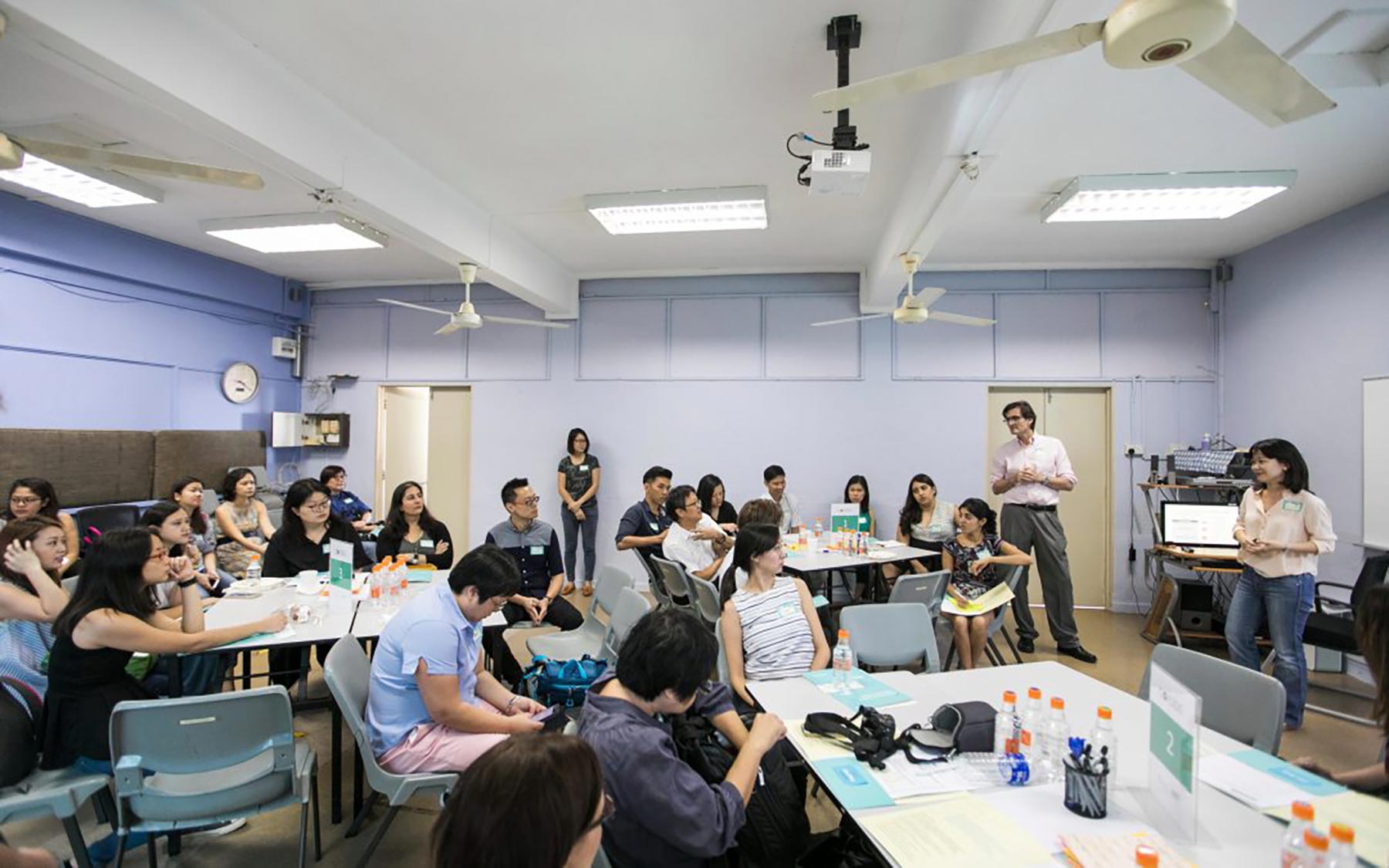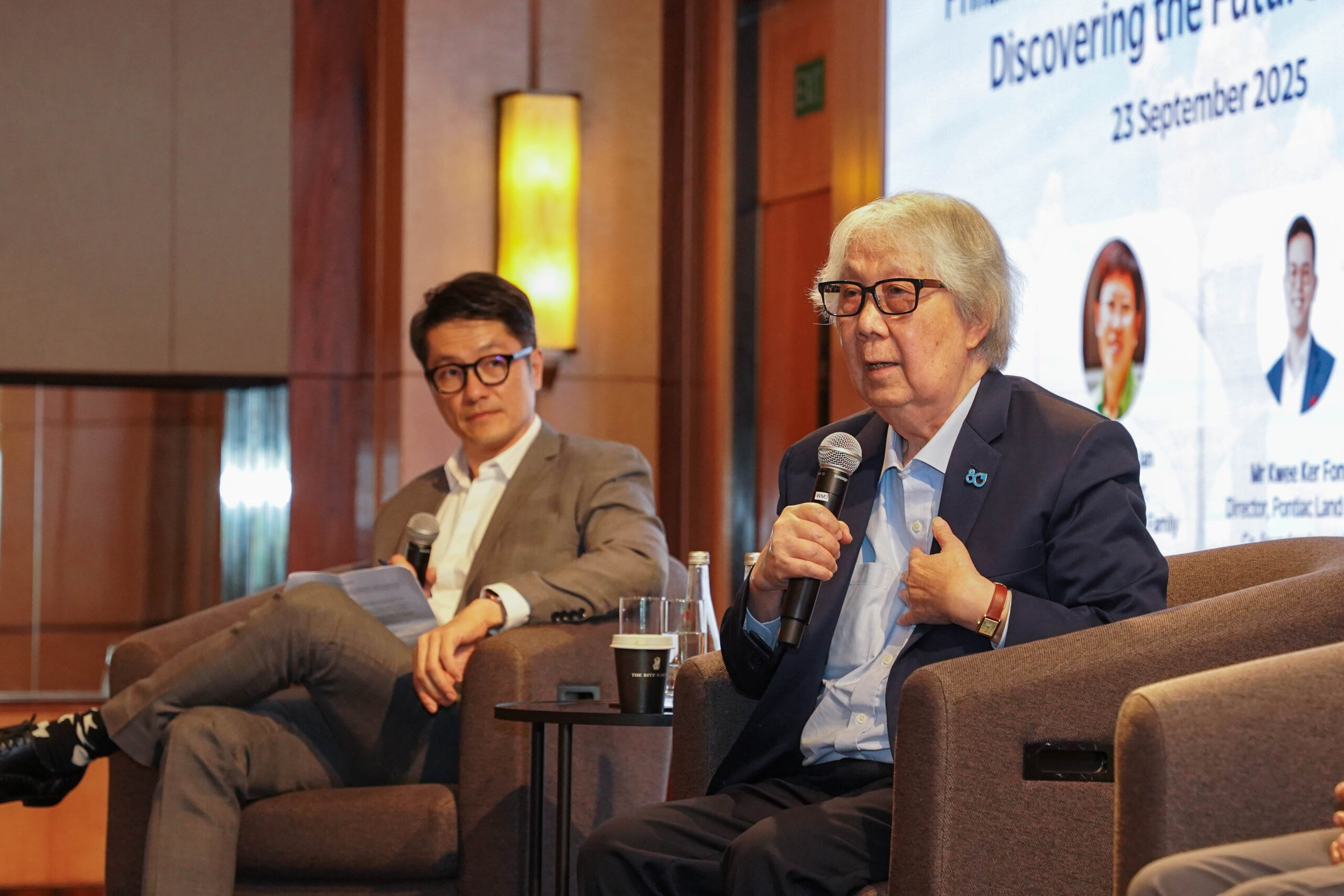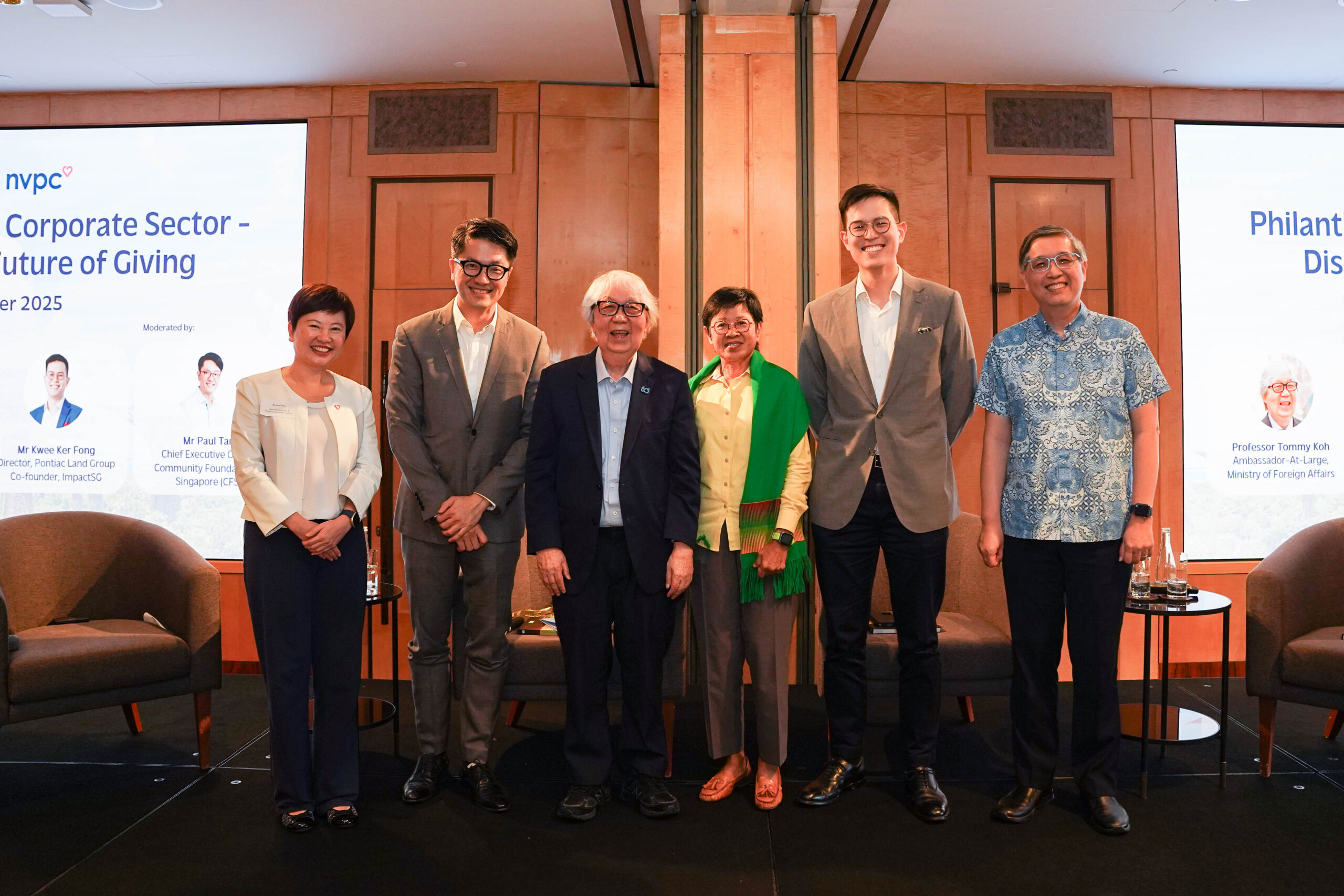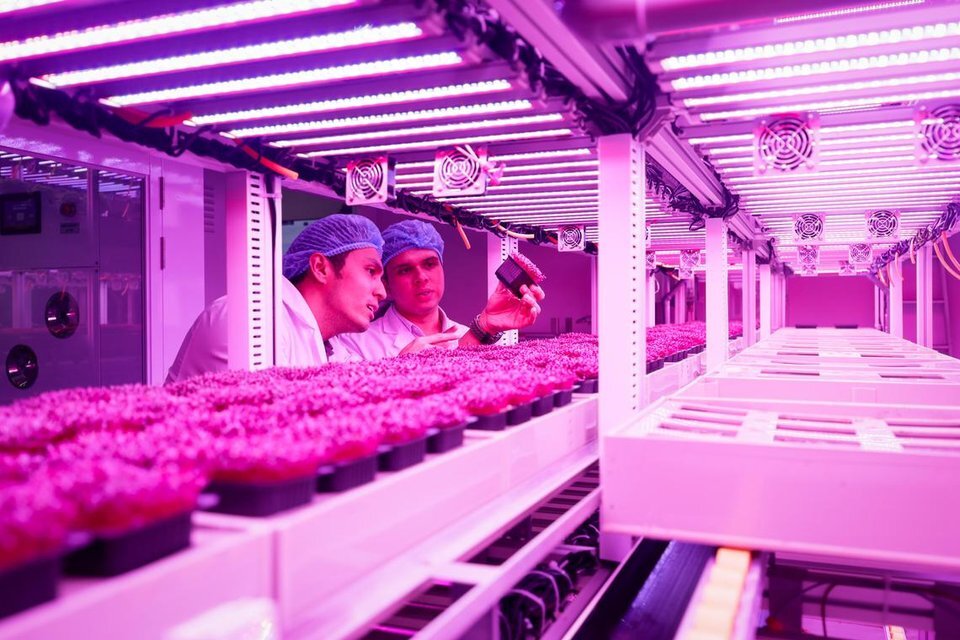Colabs: doing more for persons with disabilities


As persons with disabilities reach age 18 and exit the school system, they face new life challenges, including living their desired life and gaining access to care and support. With a keen eye on identifying opportunities to improve the lives of these individuals, we kicked off the Colabs Disability series which focused on engagement pathways and employment through catalysing cross-sector collaboration.
As part of the series, participants were recently invited to the MINDS’ Idea Employment Development Centre to understand what a sheltered employment workshop in Singapore would look like. Made up of a diverse group, including social enterprises, corporates, philanthropic institutions, government agencies and non-profits, the group bonded over a common desire to learn and do more for persons with disabilities.
The group took part in various work stations at MINDS, where they interacted and worked alongside their clients. On a daily basis, clients were engaged in a wide range of activities, from seeding, retail, craft and kitchen work, to the packing of edible gifts, bottled water, and disposable earphones.
Next, participants gathered to share their aspirations for persons with disabilities, and their ideas on how the current model of sheltered employment could be improved. For many in the room, it was an eye-opening experience and a great chance to explore opportunities to contribute and collaborate.
Within the context of the sheltered workshop, companies and philanthropists can:
Create greater variety in jobs in workshops, or increase the number of jobs available, by connecting sheltered workshops with potential employers to explore and implement job re-design matched to the abilities of persons with disabilities, or encouraging companies to outsource certain tasks to persons with disabilities (e.g. event decoration, gift preparation, logistics). Much of this can be enabled by education and outreach to potential partners.
Provide a variety of social activities outside of work tasks in sheltered employment workshops, through partnerships with existing non-profits.
Improve the financial sustainability of running sheltered workshops by funding wages or subsidies, providing pro-bono services or skill-based volunteering to sheltered workshops in the marketing of existing products such as bottled water, food and gifts.
Companies and philanthropists interested in understanding how to work together with MINDS can contact the Idea Employment Development Centre to explore possibilities.
If you’re interested in what can be done to support persons with disabilities and their caregivers, the DesignSingapore Council has published an ethnographic study documenting how persons with disabilities live, work and interact with society, along with an illustrated overview of services supporting persons with disabilities.
Some suggestions for collaborative solutions – based on the collective feedback of over 80 participants in the series – are outlined in the Colabs publication ‘A Call for Collaborative Giving: Bridging the Divide for Persons with Disabilities’ which can be downloaded here.
As persons with disabilities reach age 18 and exit the school system, they face new life challenges, including living their desired life and gaining access to care and support. With a keen eye on identifying opportunities to improve the lives of these individuals, we kicked off the Colabs Disability series which focused on engagement pathways and employment through catalysing cross-sector collaboration.
As part of the series, participants were recently invited to the MINDS’ Idea Employment Development Centre to understand what a sheltered employment workshop in Singapore would look like. Made up of a diverse group, including social enterprises, corporates, philanthropic institutions, government agencies and non-profits, the group bonded over a common desire to learn and do more for persons with disabilities.
The group took part in various work stations at MINDS, where they interacted and worked alongside their clients. On a daily basis, clients were engaged in a wide range of activities, from seeding, retail, craft and kitchen work, to the packing of edible gifts, bottled water, and disposable earphones.
Next, participants gathered to share their aspirations for persons with disabilities, and their ideas on how the current model of sheltered employment could be improved. For many in the room, it was an eye-opening experience and a great chance to explore opportunities to contribute and collaborate.
Within the context of the sheltered workshop, companies and philanthropists can:
Create greater variety in jobs in workshops, or increase the number of jobs available, by connecting sheltered workshops with potential employers to explore and implement job re-design matched to the abilities of persons with disabilities, or encouraging companies to outsource certain tasks to persons with disabilities (e.g. event decoration, gift preparation, logistics). Much of this can be enabled by education and outreach to potential partners.
Provide a variety of social activities outside of work tasks in sheltered employment workshops, through partnerships with existing non-profits.
Improve the financial sustainability of running sheltered workshops by funding wages or subsidies, providing pro-bono services or skill-based volunteering to sheltered workshops in the marketing of existing products such as bottled water, food and gifts.
Companies and philanthropists interested in understanding how to work together with MINDS can contact the Idea Employment Development Centre to explore possibilities.
If you’re interested in what can be done to support persons with disabilities and their caregivers, the DesignSingapore Council has published an ethnographic study documenting how persons with disabilities live, work and interact with society, along with an illustrated overview of services supporting persons with disabilities.
Some suggestions for collaborative solutions – based on the collective feedback of over 80 participants in the series – are outlined in the Colabs publication ‘A Call for Collaborative Giving: Bridging the Divide for Persons with Disabilities’ which can be downloaded here.
- Related Topics For You: COLABS, COLLECTIVES, EVENTS, INCLUSIVITY & INTEGRATION, OPINION, PERSONS WITH DISABILITIES, STORIES OF IMPACT, YOUTH


